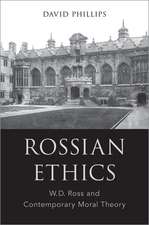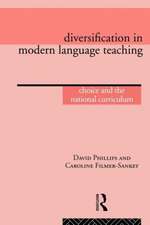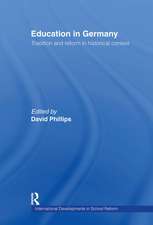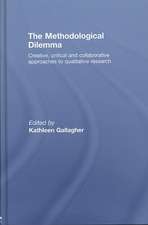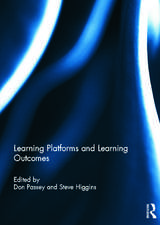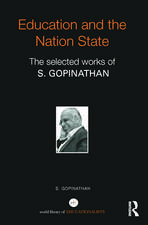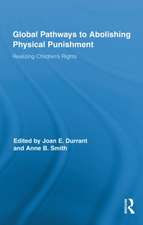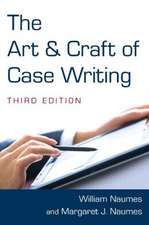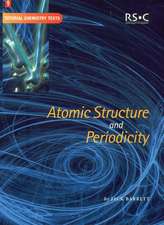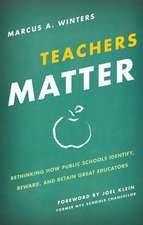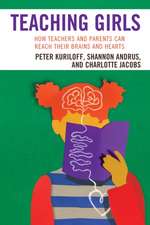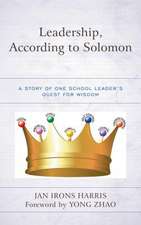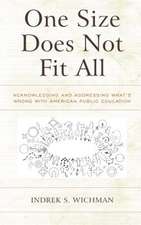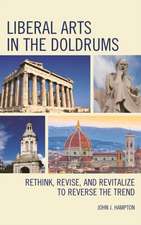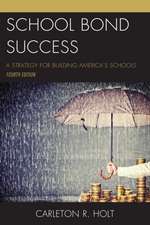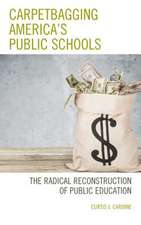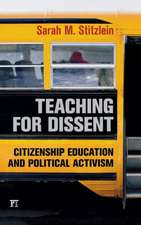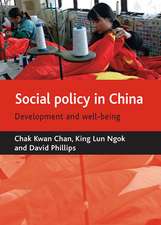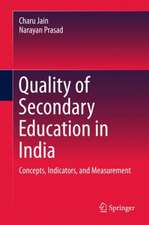Comparative Inquiry and Educational Policy Making
Autor David Phillipsen Limba Engleză Paperback – 23 feb 2009
Preț: 348.66 lei
Preț vechi: 400.55 lei
-13% Nou
Puncte Express: 523
Preț estimativ în valută:
66.71€ • 69.66$ • 55.22£
66.71€ • 69.66$ • 55.22£
Carte tipărită la comandă
Livrare economică 04-18 aprilie
Preluare comenzi: 021 569.72.76
Specificații
ISBN-13: 9780415491303
ISBN-10: 0415491304
Pagini: 180
Dimensiuni: 174 x 246 mm
Greutate: 0.33 kg
Ediția:1
Editura: Taylor & Francis
Colecția Routledge
Locul publicării:Oxford, United Kingdom
ISBN-10: 0415491304
Pagini: 180
Dimensiuni: 174 x 246 mm
Greutate: 0.33 kg
Ediția:1
Editura: Taylor & Francis
Colecția Routledge
Locul publicării:Oxford, United Kingdom
Cuprins
(1) Investigating Policy attraction in education. (2) Acting comparatively upon the educational world: puzzles and possibilities. (3) The influence of overseas examples on DES policy-making for the school system in England. 1985-1995. (4)Cross National policy borrowing and educational innovation: improving achievement in the London borough of Barking and Dagenham. (5) Educational Standards and the changing discourse on education: the reception and consequences of the PISA study in Germany. (6) Comparative research as an instrument or EU aid and development programmes. (7) Assumptions and Implications of cross-national attraction in education: the case of ‘learning from Japan’. (8) The economics of Policy borrowing and lending: a study of late adopters. (9) Comparing the trajectories of educational change and policy transfer in developing countires. (10) Global and cross-national influences on education in post genocide Rwanda.
Descriere
Building on an increasingly sophisticated body of research on policy ‘borrowing’ in education, this collection explores ways in which the foreign example in education has been and is being used by policy makers in a variety of settings, its principal aim being to assess the usefulness of ‘foreign’ experience in ‘home’ contexts.

